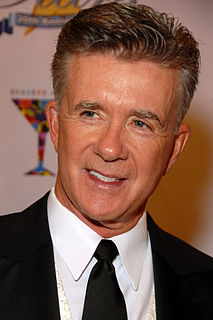A Quote by Robert A. Heinlein
Waking a person unnecessarily should not be considered a capital crime. For a first offense, that is.
Related Quotes
The question eventually must be raised: Is it a criminal offense to take the name of the Lord in vain? When people curse their parents, it unquestionably is a capital crime (Ex. 21:17). The son or daughter is under the lawful jurisdiction of the family. The integrity of the family must be maintained by the threat of death. Clearly, cursing God (blasphemy) is a comparable crime, and is therefore a capital crime (Lev. 24:16).
Once I got interested in organized crime, and, specifically, Jewish organized crime, I got very interested in it. I have learned that, like my narrator Hannah, I'm a crime writer in my own peculiar way. Crime with a capital "C" is the subject that I'm stuck with - even Sway is about "crime" in a certain way. The nice thing about crime is that it enables you to deal with some big questioO
It is madness to wear ladies' straw hats and velvet hats to church; we should all be wearing crash helmets. Ushers should issue life preservers and signal flares; they should lash us to our pews. For the sleeping God may wake someday and take offense, or the waking God may draw us out to where we can never return.
Throughout the industrial era, economists considered manufactured capital - money, factories, etc. - the principal factor in industrial production, and perceived natural capital as a marginal contributor. The exclusion of natural capital from balance sheets was an understandable omission. There was so much of it, it didn't seem worth counting.
Those who refuse to support and defend the state have no claim to protection by that state. Killing an anarchist or a pacifist should not be considered "murder" in a legalistic sense. The offense against the state, if any, should be "Using deadly weapons within city limits," or "Creating a traffic hazard," or other misdemeanor.




































